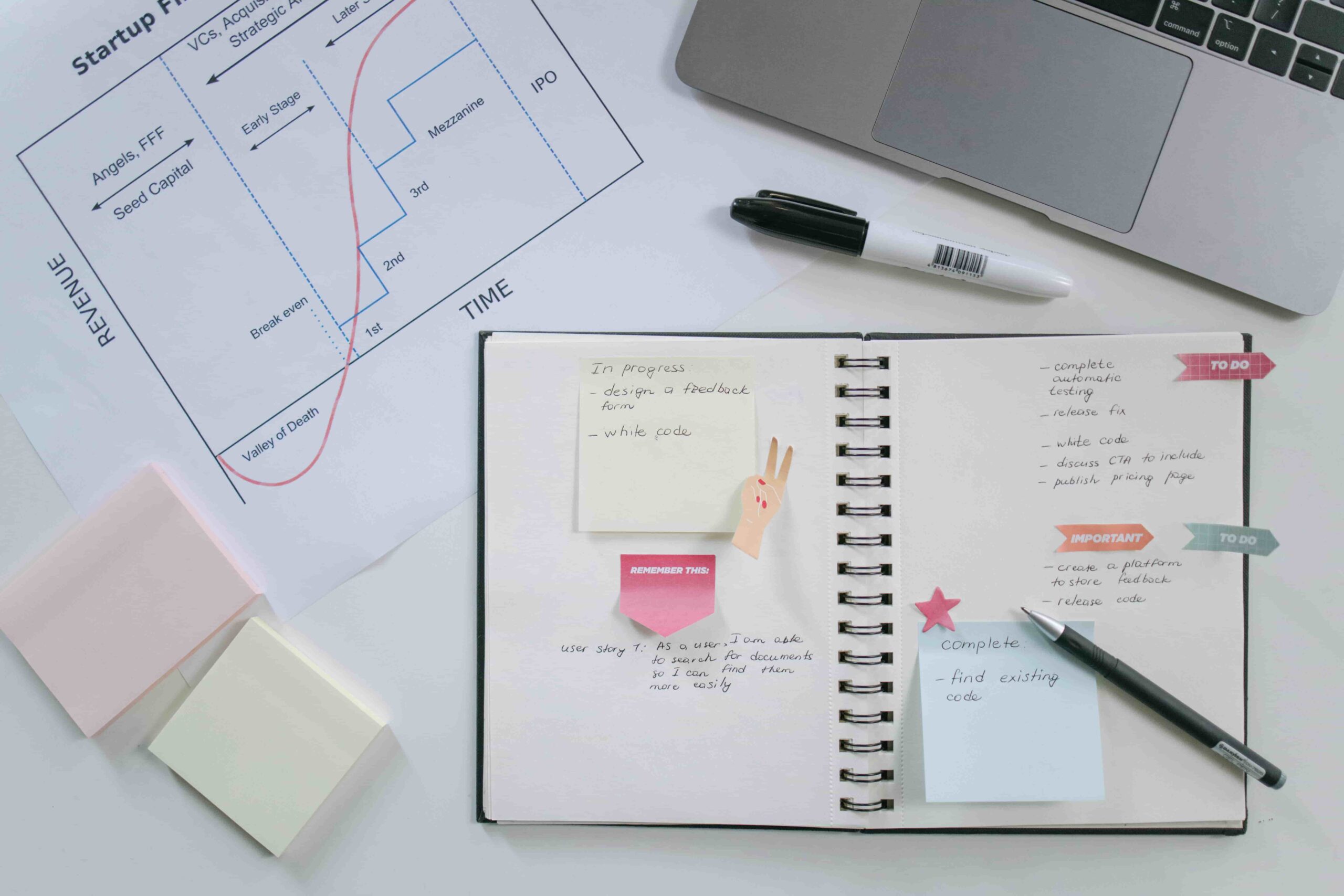Validating a startup idea for free isn’t just some trendy method. It’s the safety net early founders secretly need. Every year, thousands of students and first-time builders rush into coding or designing before checking whether anyone actually wants what they’re making. This early excitement feels productive, but it often hides the truth: most ideas collapse because no one verified the problem in the first place.
Think of it like testing whether a seed can even sprout before trying to farm acres of land around it. Zero-cost validation acts as that soil test. It gives clarity, saves time, and builds early confidence. A student founder can run these tests from a hostel room, a small co-working space, or even a crowded metro line using nothing more than social media, free tools, and curiosity.
The biggest trap young founders fall into is something mentors call the “idea illusion”—the belief that if something feels innovative, it must have a waiting audience. Reality proves otherwise. According to data shared by the Harvard Business School Working Knowledge reports, the majority of early-stage failures stem from a weak grasp of customer needs, not product quality. The issue isn’t that founders lack creativity. It’s that they skip the messy, uncomfortable step of talking to real users.
Zero-cost validation cuts through that illusion. Instead of spending weeks perfecting a pitch deck or months building features, founders get to test whether the problem they want to solve actually matters to someone. This way, they avoid sinking effort into a product that sounds amazing on paper but barely nudges anyone in real life.
This approach especially helps student founders who naturally thrive in environments full of assumptions—classroom projects, hackathons, campus competitions. Those spaces reward speed and bold ideas. But the real world rewards accuracy. Free validation is how you bridge that gap. You take a problem you think exists, stress-test it with real people, and see if it stands strong or crumbles.
A simple list of early questions already gives clarity:
- Is this problem real, or is it just relatable among friends?
- Are people currently paying for any workaround?
- Would the user feel relieved if this solution existed?
- Are there active discussions about this problem in communities or forums?
Even looking at conversations on Reddit, LinkedIn, or Quora can point out whether the frustration you’re targeting has public signals. These platforms act as free insight hubs—people openly talk about what bothers them, what they’re willing to try, and what they absolutely ignore.
The best part is how these zero-cost tests build early traction far before any code gets written. A founder who shares a simple idea sketch online and receives earnest questions or sign-ups already has more momentum than someone who spent three months building quietly. This early feedback becomes a tiny but real safety rail. It gives the founder direction, shows potential pathways, and brings them one step closer to a meaningful launch.
When early founders engage with validation, they start to see their ideas less as shiny inventions and more as grounded solutions shaped by real people. That shift changes everything. It encourages better decisions, reduces risky assumptions, and slowly shapes the mindset needed to navigate entrepreneurship with more clarity and less chaos.



